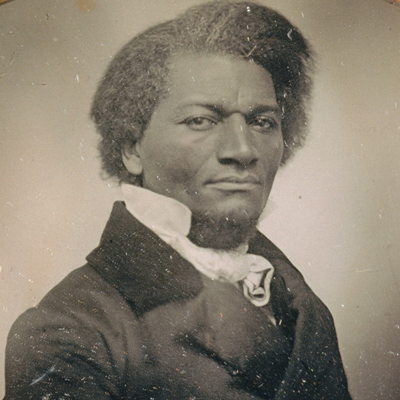
How do I recover from a mistake?
This question comes up a lot. But in the last two workshops we've led, it's been a particularly hot topic.
We've had experienced executives tell us how a bad moment in a presentation undermined their confidence. And we've had young professionals tell us they fear blanking out under pressure.
We're all human. Most likely, you will make a mistake in a speech. We certainly have in our own presentations. And here's what we've learned from experience about how to bounce back.
Prepare as much as possible.
Preparing won't make you bulletproof. But it will help you anticipate and avoid unnecessary problems. And maybe more important, it gives you the comfort to recover with grace if something does go wrong.
Preparing can include:
- Knowing your audience—perhaps even down to the people in the room who are skeptics about your message.
- Doing some research on how the decision makers like to get their information. Are they notoriously impatient, for example? Require PowerPoint? Hate it?
- Writing and revising your message—even if you plan to deliver from an outline.
- Rehearsing your delivery, on your feet, and knowing your message well enough that you can skip ahead if needed, deliver without PowerPoint if necessary.
- Anticipating challenges and questions, so that you have answers in mind.
- Visiting the place you’ll be presenting in advance, to get a lay of the room and learn how any technology you'll be using will work (or how it might not).
Try not to make a huge deal about the problem.
We've heard about lots of potholes speakers have hit. Drawing a total blank in the middle of a pitch, physically tripping and falling, and pulling up a PowerPoint deck for a potential client that they just used to pitch a competitor are a few examples.
Provided you don't need to call 911, the best thing you can do is acknowledge the problem, fix it to the best of your ability, and move on.
Try to mirror the response you hope the audience will have: Stay calm. Smile. Be a good sport. And let it go.
It might help to remember that when you can recover from a mistake with minimum fuss, you have a great opportunity to earn you audience's respect.
If the audience can help, let them.
One way to recover if you lose your train of thought is to admit it and ask the audience: What was I talking about? Someone will remind you, and you're back on track. We've seen that audiences rather enjoy helping in this way.
You might also check in with the audience if you suspect there's a technical issue getting in the way of you being heard. Of course, the best case is that you've checked the sound and video systems before you begin, so you don't have to mention either.
But where there's technology, there's also the potential for failure. So if you know there's a problem and you can take a moment to fix it, that can be real help to your audience.
Keep going.
Try not to let your difficulty cast a pall over your presentation. If you can move on, the audience most likely will, too.
We speakers tend to exaggerate the mistakes we make in our own minds. We forget the audience doesn’t know what we're planning to do. If we leave out a piece of information and have to come back to it later, our audience doesn't know we’ve veered from the plan.
Learn from the experience and build on it.
We don't want one mistake to rock your confidence. But if you can take a positive approach to evaluating what happened, you can gain some valuable insights.
For example, if you were working from notes and lost your way, look at how you formatted your notes for that talk. What might work better next time?
If you felt unusually nervous and that affected your performance, consider where those nerves might be coming from. Was it the size of the crowd? The topic? Your approach to preparing? Nerves pop up, even for experienced speakers. Having a plan and a good mindset can help you avoid struggles the next time around.






